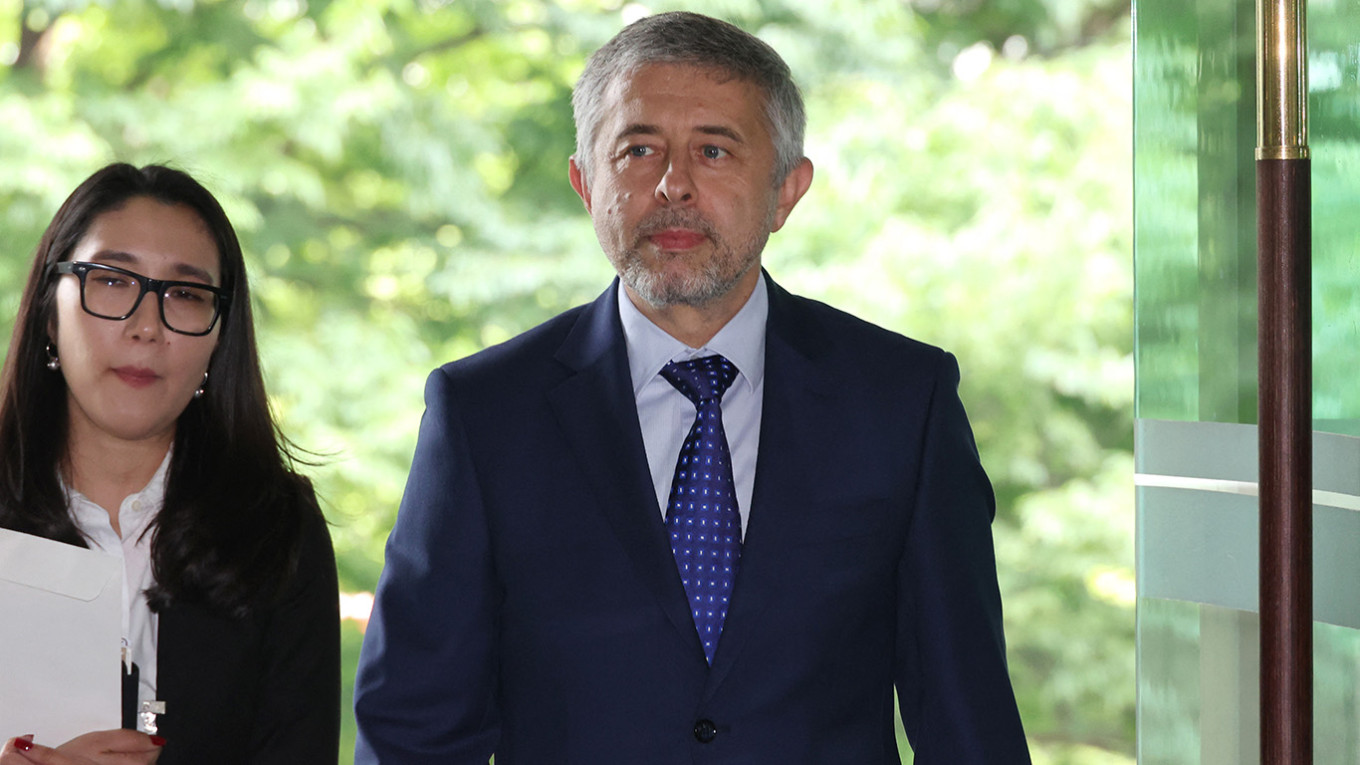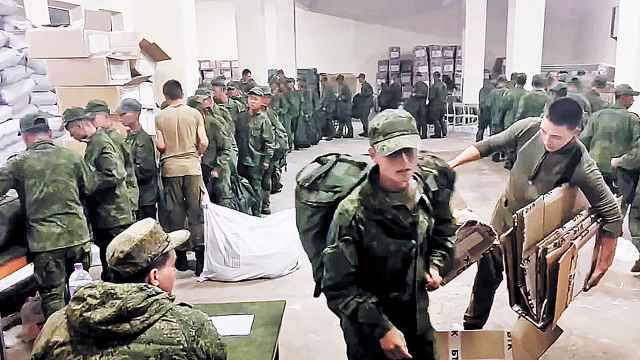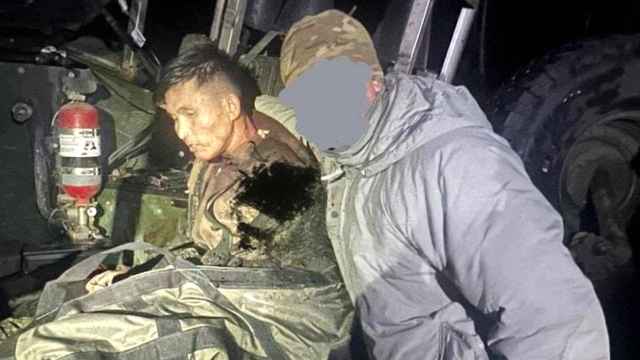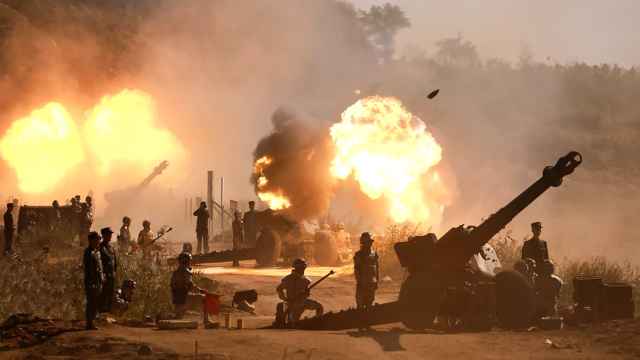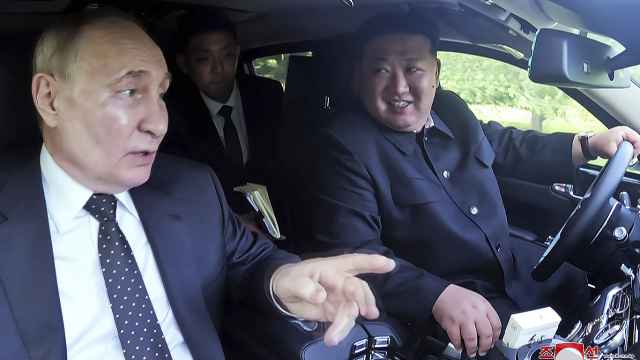South Korea summoned Russia's ambassador to Seoul on Friday to protest a defense agreement signed by President Vladimir Putin and North Korea's Kim Jong Un during a visit to Pyongyang earlier this week.
Seoul "strongly urged Russia to immediately stop military cooperation with North Korea and comply with [UN] Security Council resolutions," the foreign ministry said in a statement.
The summoning of Russia's Ambassador Georgy Zinoviev came two days after Putin and Kim signed a "comprehensive strategic partnership" agreement, which includes a pledge to come to each other's aid if attacked.
The Kremlin leader also said this week that Moscow did not rule out military and technical cooperation with the North, or even sending weapons — all of which would violate rafts of UN sanctions against Pyongyang.
Seoul urged Russia to live up to its responsibilities as a permanent member of the UN Security Council, the foreign ministry said.
"Violating Security Council resolutions and supporting North Korea, will harm our security and inevitably have a negative impact on Korea-Russia relations," First Vice Minister Kim Hong-kyun said, according to the statement.
North Korea has been under UN sanctions since 2006 over its banned nuclear program. The measures were initially supported by Russia, but Putin said in Pyongyang that the sanctions should now be reviewed.
Moscow and Pyongyang have been allies since North Korea's founding after World War II and have drawn even closer since Russia invaded Ukraine in 2022.
Seoul, which is a major weapons exporter, said this week that it would "reconsider" a longstanding policy that bars it from supplying arms directly to Ukraine, following the North's mutual defense agreement with Russia.
Putin warned South Korea Thursday that this would be a "big mistake."
A Message from The Moscow Times:
Dear readers,
We are facing unprecedented challenges. Russia's Prosecutor General's Office has designated The Moscow Times as an "undesirable" organization, criminalizing our work and putting our staff at risk of prosecution. This follows our earlier unjust labeling as a "foreign agent."
These actions are direct attempts to silence independent journalism in Russia. The authorities claim our work "discredits the decisions of the Russian leadership." We see things differently: we strive to provide accurate, unbiased reporting on Russia.
We, the journalists of The Moscow Times, refuse to be silenced. But to continue our work, we need your help.
Your support, no matter how small, makes a world of difference. If you can, please support us monthly starting from just $2. It's quick to set up, and every contribution makes a significant impact.
By supporting The Moscow Times, you're defending open, independent journalism in the face of repression. Thank you for standing with us.
Remind me later.


